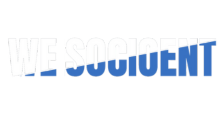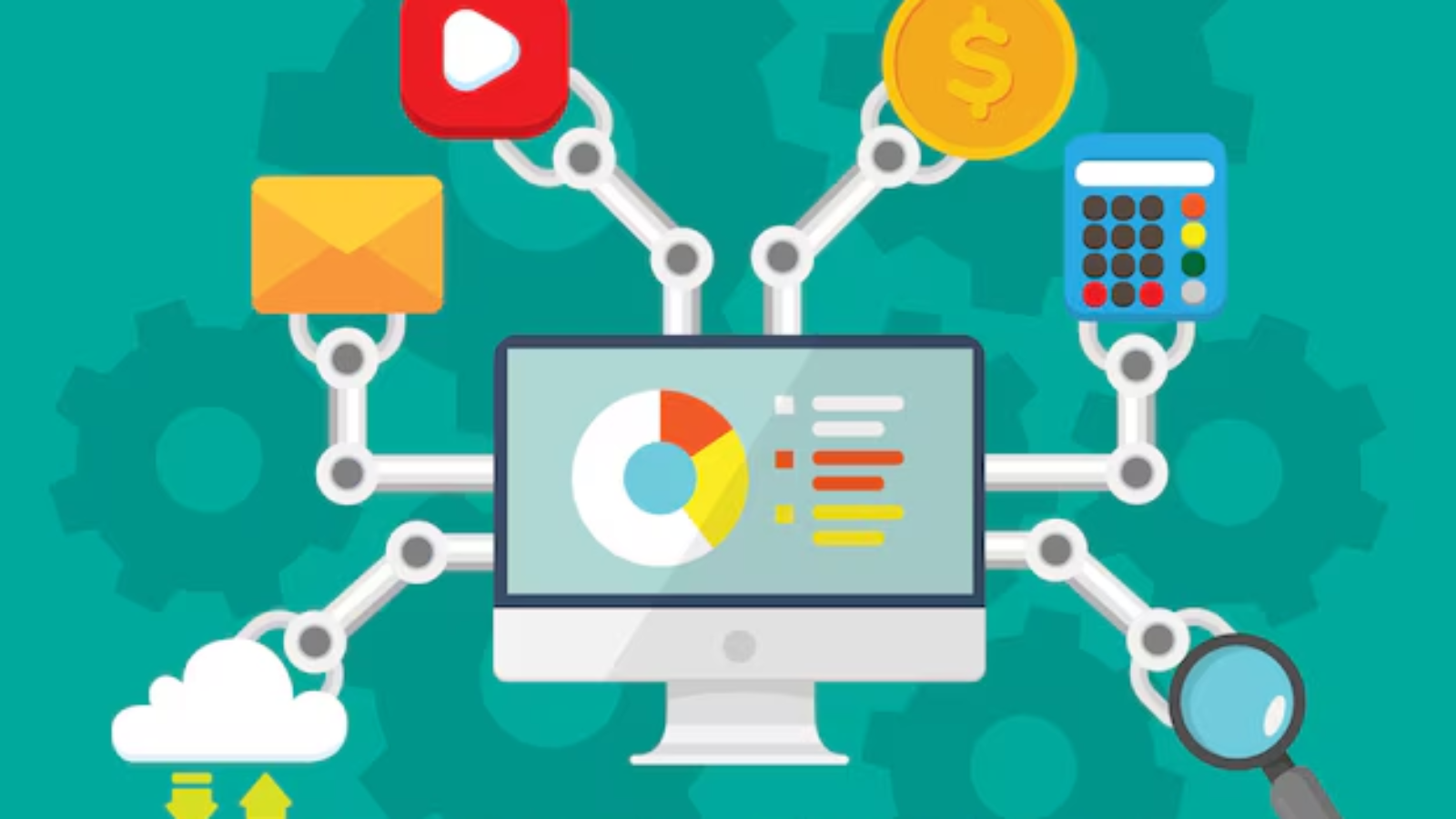
Digital marketing has evolved significantly over the years, with the rise of social media, SEO, content marketing, and data analytics reshaping how businesses engage with customers. But as technology continues to advance, a pressing question emerges: Will digital marketing be automated? The answer is both yes and no. Automation is already playing a significant role in digital marketing services, but full automation remains a challenge due to the strategic and creative elements that still require human input.
This blog explores the role of automation in digital marketing, its current applications, and the future of automation in this field.
The Current Role of Automation in Digital Marketing
Automation has become an integral part of online marketing and digital marketing services. With the help of automation tools, digital marketing agencies can streamline repetitive tasks, optimize ad campaigns, and enhance customer engagement. Automation helps in areas such as social media management, email campaigns, lead nurturing, and data analytics, allowing businesses to be more efficient.
1. Social Media Management and Advertising
Automation is widely used in social media advertising and social media management. Tools like Hootsuite and Buffer allow digital marketing consultants and businesses to schedule posts, track engagement, and analyze performance across platforms. Moreover, algorithms on platforms like Facebook and Instagram can automate ad targeting based on user behavior, interests, and demographics. These features help digital marketing companies optimize their campaigns and get the most out of their social media budget.
2. Email Marketing Automation
Email marketing is another area where automation is highly effective. Tools like Mailchimp and HubSpot allow businesses to send automated emails to customers based on their interactions, behaviors, or preferences. Automated email campaigns, or drip campaigns, can nurture leads through the sales funnel, resulting in higher conversion rates. For digital marketing companies near me and across the globe, this means less manual work and more time to focus on strategy.
3. SEO and Analytics
Automation in SEO digital marketing is also gaining momentum. Tools like SEMrush and Ahrefs automate tasks such as keyword research, backlink tracking, and site audits. This helps digital agencies and digital marketing consultants stay ahead of search engine updates and improve website rankings efficiently. Automated reports and analytics tools provide real-time data that businesses and web development agencies can use to optimize their campaigns.
The Creative and Strategic Limitations of Automation
While automation tools have made digital marketing services more efficient, they cannot fully replace human creativity and strategic thinking. Digital marketing requires a deep understanding of audience behavior, brand messaging, and market trends—areas that machines still struggle with.
1. Content Creation
Content creation is one of the core areas where automation still has limitations. While AI can assist with basic content generation, it lacks the emotional intelligence and storytelling ability needed to craft engaging blog posts, social media captions, or product descriptions. Digital PR and content strategies also rely on creativity and intuition, making it unlikely that automation will fully take over these tasks anytime soon.
2. Strategic Campaign Planning
While automation can help with data analysis and execution, the strategic planning of a digital marketing campaign still requires human intervention. Decisions such as identifying the right target audience, developing a brand voice, or choosing the best platforms for advertising require the expertise of a digital marketing consultant or a marketing agency near me. Strategy remains a human task, even in the age of automation.
Future Trends in Digital Marketing Automation
Though full automation of digital marketing services may not be possible, we can expect further advancements in automation technology that will continue to enhance marketing strategies. Here are some future trends:
1. AI-Powered Customer Interaction
As AI and machine learning evolve, we’ll see more advanced applications in digital marketing, such as chatbots and personalized customer experiences. AI-powered chatbots are already being used by businesses to provide 24/7 customer support and recommend products based on browsing history. In the future, these systems will become more sophisticated, offering even more personalized experiences across websites and social media.
2. Advanced Data Analytics
AI will continue to improve the way digital marketing companies analyze data. Predictive analytics will allow businesses to forecast customer behaviors, enabling more accurate targeting and segmentation. This will be particularly valuable for web development companies and digital marketing agencies looking to optimize their efforts and increase ROI for clients.
3. Automated Web Development
Even website development and ecommerce website building are seeing some level of automation. Tools like Wix and WordPress offer drag-and-drop functionality, enabling users to create websites without coding knowledge. However, while these platforms help businesses create websites faster, they don’t replace the need for professional web developers who can offer custom features, better UX design, and robust back-end functionality.
What Does This Mean for Digital Marketing Agencies?
For a digital marketing agency, automation offers the opportunity to optimize operations and focus more on strategy and client relationships. Instead of spending time on repetitive tasks, agencies can use automation to analyze data, manage social media packages, and run SEO digital marketing campaigns more efficiently. However, creativity, strategic insight, and human connection will always be needed to run successful campaigns.
Agencies that combine the power of automation with human expertise will be better positioned to offer comprehensive digital marketing services that drive real results for their clients.
Conclusion
The future of digital marketing is increasingly automated, but that doesn’t mean it will be fully machine-driven. Automation can handle the heavy lifting of data analysis, social media management, and even aspects of web marketing, but it cannot replace the creative and strategic thinking that makes marketing campaigns successful. As automation technology evolves, the best approach will be a balance between automation tools and human expertise to maximize efficiency and results. Businesses and web developers near me that adopt this hybrid approach will stay ahead in the ever-evolving landscape of digital marketing.


Leave a Comment